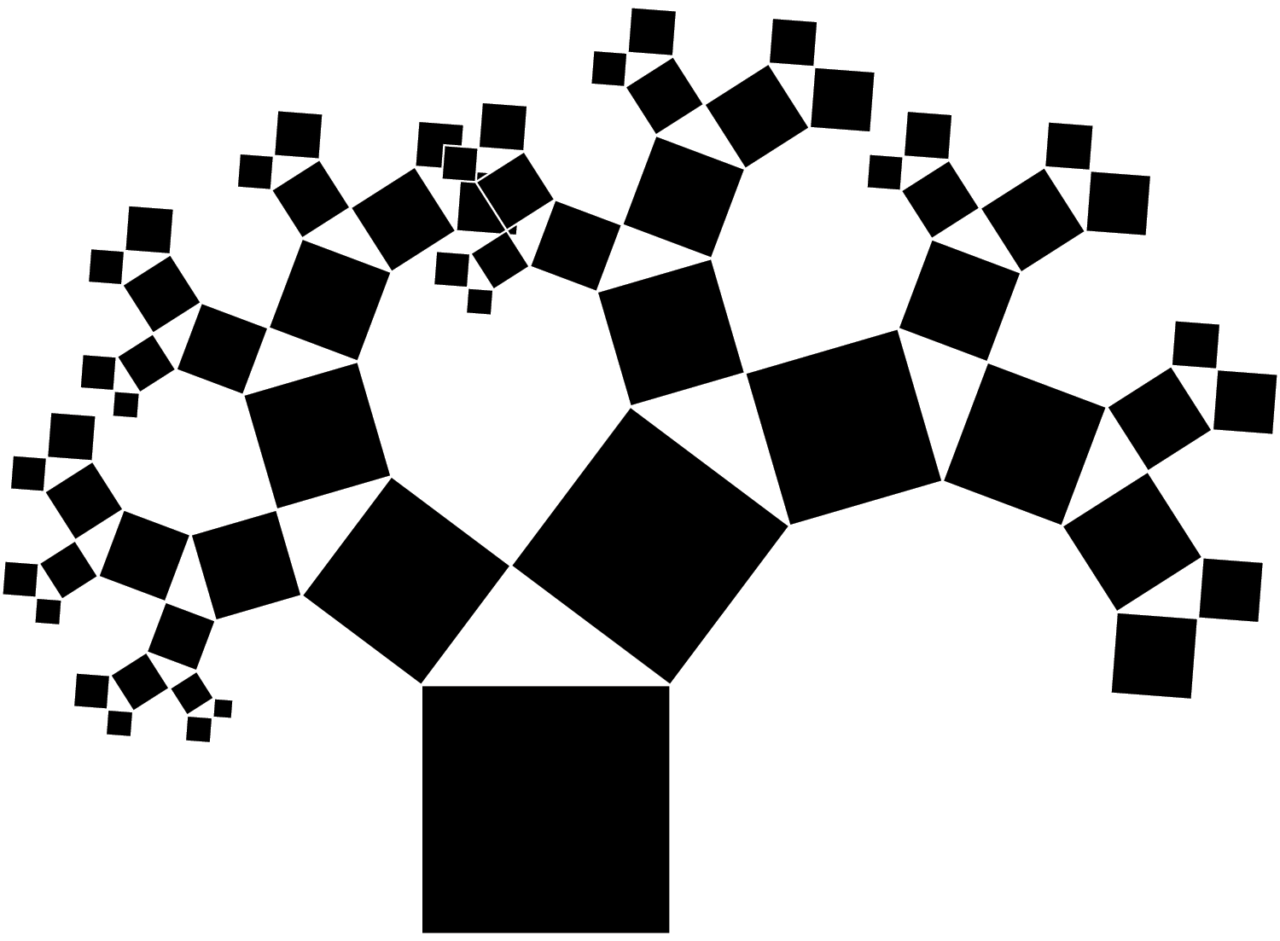The protocol society - #425

If you're not listening to Valley Heat, I can't blame you, but you my sympathy. Even if we have the time for a podcast approaching the greatness of art, how can we possibly be expected to find it? The infinite scroll gives us so many off-ramps prior to a piece of truly unique work.A lot of us complain about the infinite scroll, both as a feature of our glass-tapping and as part of our society—that each person can have an enormously different experience of our world blocks the sorts of shared experiences on which we base relationships and communities. We complain or adjust (turn off notifications, or follow the wise advise to "choose something" and commit, but as much as those practices are good, we probably don't spend enough time asking why it is the case that our world operates this way.
Not incidentally, I find this true in my work. Even the savviest technologists and front-office teams don't mind data being stored all of the place in different manners and they sort of come to expect that efforts to unify or integrate will be expensive and probably won't work. We spend a huge effort adapting various middlewares that allow one incompatible API talk to another without bothering to ask whether the original mess is the way things ought to be. The whole thing sometimes reminds me of the either apocryphal or HBS-published tale of the executive who got so sick of the company's failure to adequately solve customer challenges that he unplugged the fancy phone queueing system: he wanted the phones to ring until someone answered and someone helped the person on the other end of the line. There they were spending a ton of effort on the numeric menu options and queueing systems rather than solving the actual problem. I half wonder if our front-office technology systems are attempts to patch and placate rather than solve.
If these are the questions our inability to find Valley Heat brought to my mind, then the answer surprisingly came in a very long New Atlantis essay by Jon Askonas. I've read the pieces in his long series Reality: A Post-Mortem and even linked to previous ones, but hadn't connected the dots to our experience of the world and my daily work until this one. The model for our society (he calls it, "the control society", which I'm not entirely convinced of) is the protocol. It's an un-architected, un-planned, de-centralized manner of connecting everything together. That there are not institutions is a feature—there are no central points of failure—and it's a bug— there are no limits:
You would never be able to pull together all the data, make sense of it, and create the architecture of "more" in a centralized fashion. But open protocols allow information, desire, and everything else to flow to where it is needed. They allow all sorts of people to try all sorts of things. Many protocols fail, but the overall effect is to create a precise simulation of every social desire, "spontaneous order" not just for marketplaces but for everything. Like the Internet, in the control society there is something for everybody.
The way we experience this sort of society is exactly as we'd like to. We're given endless options, our choices are endlessly collected, and the resulting profile we project is endlessly served:
The control society uses data to build everyone a customized choice architecture in which the "rational" move, the "optimized" move, is always more: do more, work more, buy more, know more, scroll more, sleep more, relax more. The openness and positivity of the control society — giving you more choices, more options, more information, more efficiency — becomes a form of power.
Would anyone set out to build a world in which obesity of body and mind and soul is achieved? I don't think we'd start with that objective, but it's pretty clear that we've gotten there. What do we do about it? We sell drugs to control our appetites; we add tools and settings to control our devices; we put AirTags on our kids. In an unbounded world, it seems like we're asking for control. At least that's the argument Askonas makes.
What do you think?
Reading
 The New Control Society
The New Control Society
The gatekeepers are dying. Why is everything so mid?
 Deadly Foosball, Nefarious Pool Guys and the Loony Musings of 'Valley Heat'
Deadly Foosball, Nefarious Pool Guys and the Loony Musings of 'Valley Heat'
Christian Duguay's podcast purports to be about the neighbors in the Rancho Equestrian District of Burbank. One thing is for sure: It's masterfully absurd.